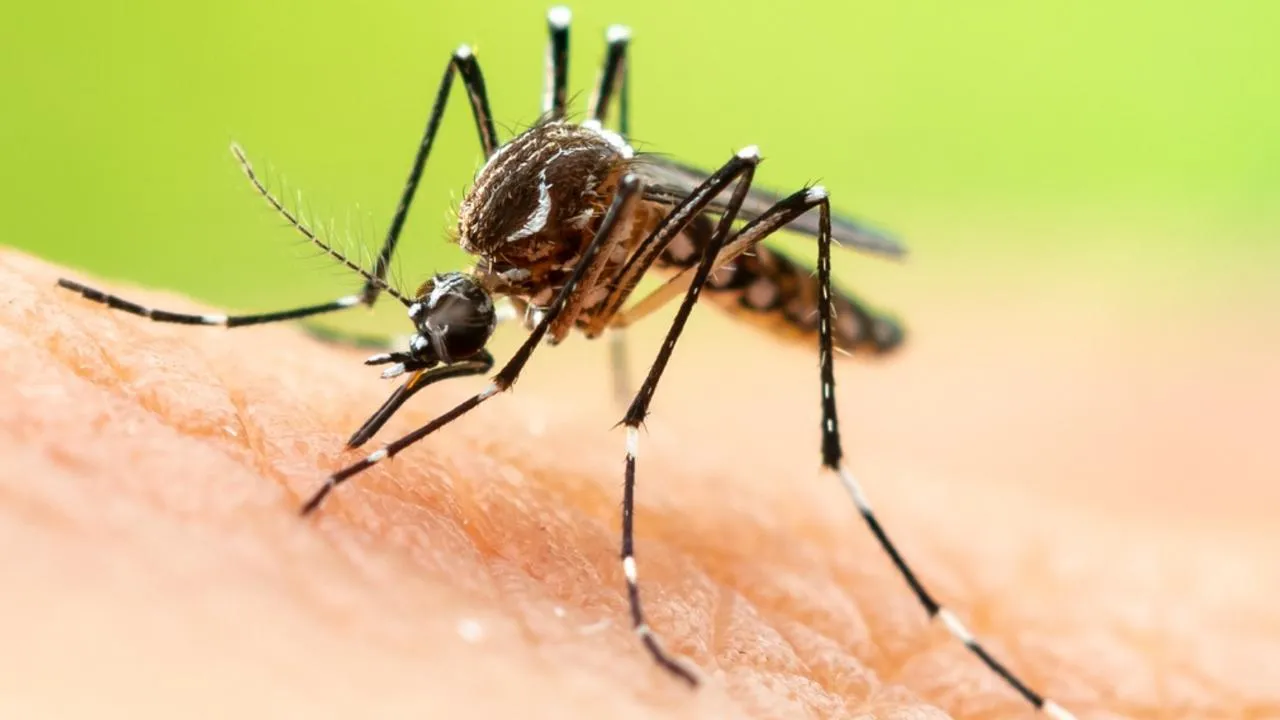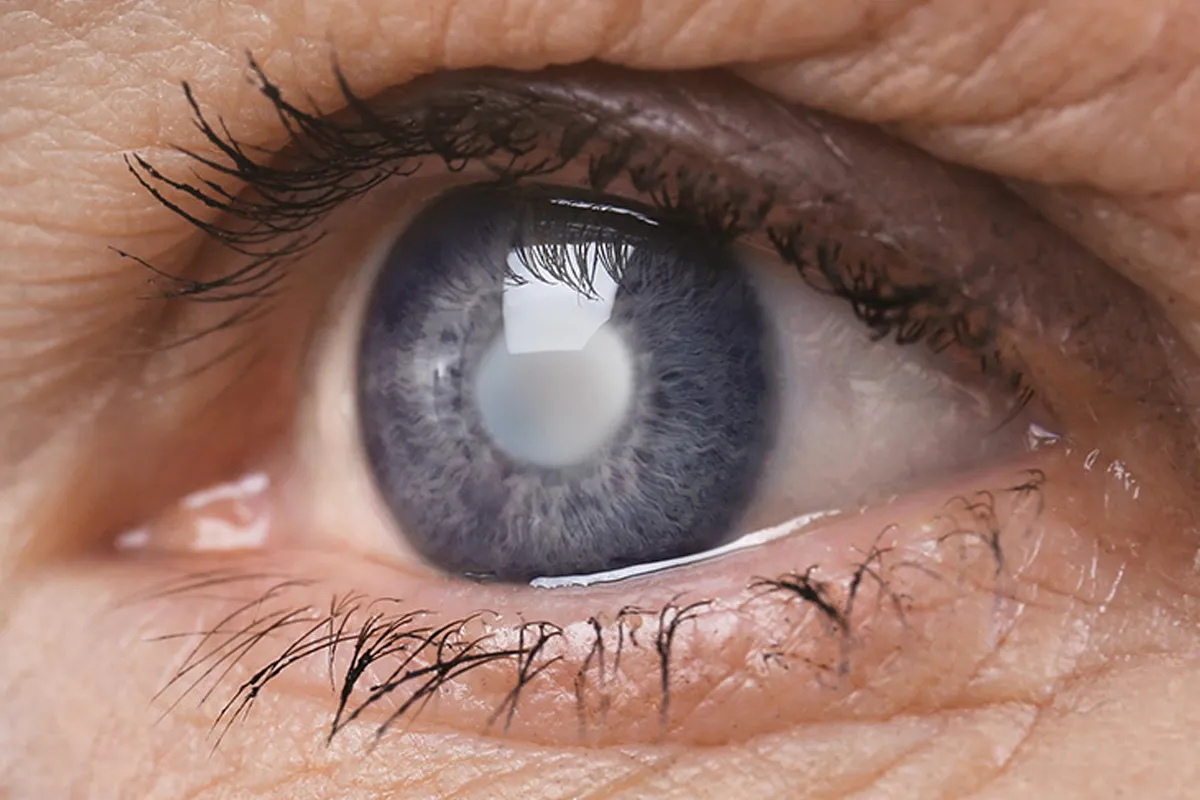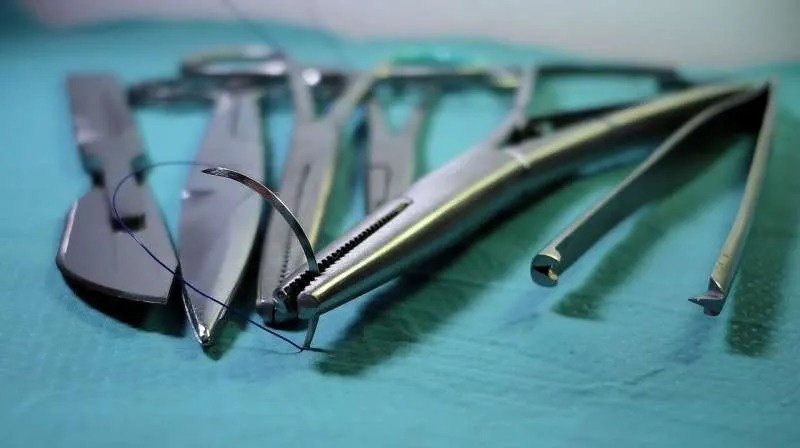Weddings and the festive season are important in India because they serve as a reason for family gatherings. These events are filled with sugary sweets and snacks, which lead to overindulgence. If you have diabetes, the current pandemic, wedding, and holiday season are all reasons to pay extra attention to your health. Managing glucose and HbA1C levels, maintaining a healthy lifestyle, and consulting with a doctor regularly are all essential for effectively controlling diabetes. It is difficult to maintain a healthy diet plan during the wedding and holiday season because they are often primarily focused on food.
Diabetes patients must manage their health smartly and effectively because they are at risk of heart disease, foot problems, and kidney disorders.
TIPS FOR DIABETIC MANAGEMENT IN THE WEDDING AND
FESTIVE SEASON
Better planning: It’s essential to devise a meal plan before attending any event. If we only intend to have snacks, we should choose foods with fewer calories. Making a low-calorie snack choice will help to reduce blood sugar spikes. Dips and sauces should not be consumed since they include calories, salt, and sugar that are hidden.
Avoid skipping meals: Skipping meals over the holiday and wedding seasons can impact blood sugar levels. Try to eat a protein bar that is healthy and keeps your blood sugar stable.
Drink a lot of water: Recent studies have shown that drinking plenty of water and staying hydrated is essential for good health and also aids in calorie burning. Typically, drinking water is linked to consuming fewer calories that are high in sugar, cholesterol, and salt.
Avoid alcohol: Alcohol contains more sugar and calories than other beverages, which might raise blood sugar levels. So, abstaining from alcohol can assist in keeping blood sugar levels under control.
Eat low carbohydrate food: Choosing low-carb foods such as veggies, nuts, meats, etc. during the wedding season can help to keep yourself in a safe zone. Carry some guilt-free snacks to avoid extra oily and processed snacks for emergencies.
Do regular exercise or yoga: Yoga or exercise in the morning will reduce blood sugar levels and burn additional calories.
Monitor blood sugar level: It’s easy to lose track of your sugar levels during the holidays because of all the celebrations at home and all the guests.
Checking your blood glucose levels before and after meals will help you monitor any fluctuations, which is especially important during the holidays. This can also provide you with a decent indicator of whether you need to completely stop consuming sweets or reduce your intake for the next few weeks until your blood sugar levels are under control.
Different nutraceuticals are found to be effective in the management of diabetes
Dietary fiber supplements: These are a diverse range of processed grains, natural food sources, and commercial supplements. It is made up of lignin, oligosaccharides, polysaccharides, and other related plant compounds.
In both diabetics and healthy patients, eating dietary fiber is linked to decreased postprandial glucose levels and greater insulin sensitivity.
Phytoestrogen: Soy and phytoestrogens have received a lot of attention due to the health benefits associated with soy consumption. They help to reduce fat and boost glucose absorption.
Vitamins: Vitamin C, D, and E consumption has an antioxidant effect on the body and can delay or avoid diabetes problems.
Omega-3 fatty acids: Omega-3 fatty acid supplementation has a positive effect on blood pressure, inflammatory indicators associated with diabetes, VLDL cholesterol, triglycerides, and other factors.
The author is MD, Clinical Pharmacologist and Nutra-ceutical Physician, Founder and CEO IntelliMed Health-care Suctions.























